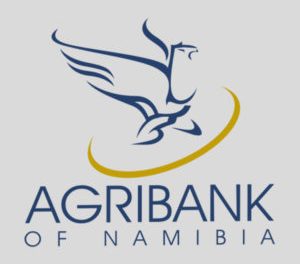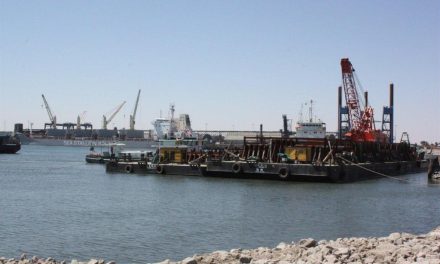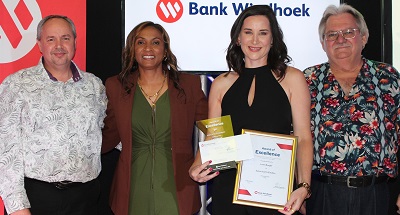
Hedge real estate funding through dual currency transactions

Funding commercial property developments with a mix of hard and local currency provides a workable mechanism for Africa’s commercial real estate sector, to hedge against currency volatility and liquidity risk.
Head of Real Estate Finance at Standard Bank South Africa, Gerhard Zeelie said the banking group, through its exposure in twenty African jurisdictions, knows how high the risk is of markets running out of hard currency.
“This is no more apparent than in Africa’s rapidly growing real estate sector where shortages of hard currency remain a real and persistent operational challenge” he warned.
Whether operating in volatile commodity-tacked markets, unpredictable interest rate environments, or economies with high legislative, regulatory or political risk, “Africa’s real estate sector needs a buffer to absorb or delay the impact of often unforeseen volatility, or the drying up of hard currency,” he said.
Traditionally most property development projects in sub-Saharan Africa have been financed in hard currency, ensuring a predictable funding environment for the assets. More recently, the US dollar’s sustained appreciation against African currencies, for example, means that US dollar-denominated leases are placing tenants under pressure.
“In a number of countries across the continent, local currency rentals are spiralling upwards as tenants feel the pinch of funding the growing gap between local and hard currencies. This is alongside the added stress of Africa’s endemic liquidity shortages,” he said.
In response, Standard Bank advises Africa’s real estate developers to consider denominating commercial property loans in a mix of both hard and local currency.
Denominating a portion of the debt in US dollars and the rest in local currency acts as a buffer against liquidity risk. While the US dollar portion of the debt may grow, the local currency portion of the debt will continue to shrink, “ achieving a net reduction in debt despite the absence of US dollars in the local market,” said Zeelie.
As African capital markets continue to deepen, tracking the growth of local pension, asset management and insurance funds, there is also today much more local currency available – seeking investment in local projects at increasingly competitive rates.
While Zeelie recommended that real estate developers and operators consider the advantages of denominating their debt in dual currencies, cautioning that this is not an option that can be applied retrospectively to existing hard currency commercial real estate debt where illiquidity is already a problem.
“Debt needs to be denominated in dual currencies upfront when the financing is structured,” he said.












































